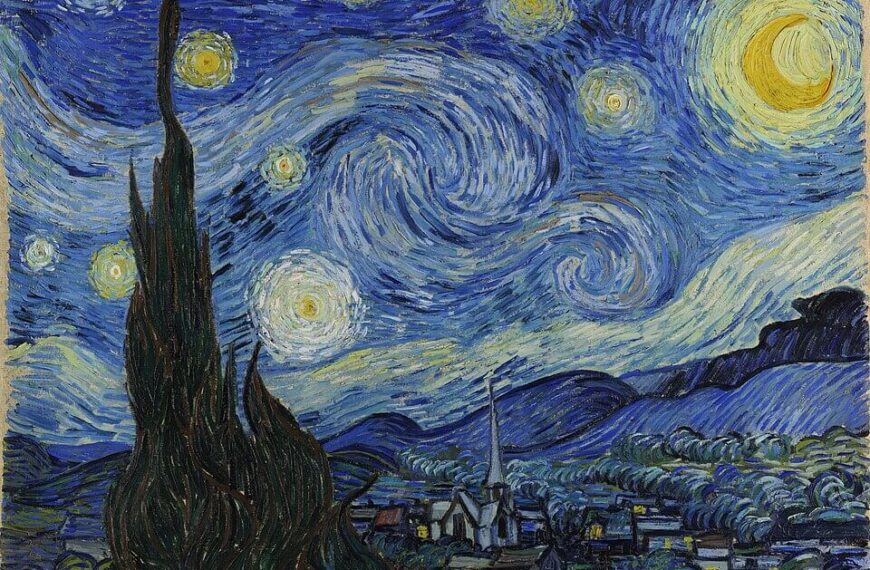Beginning with a personal journey into the world of Vriddhashram (old age homes), Arindam cites few case studies from the two temple towns of Vrindavan and Varanasi that houses 44,000 widows. The scriptures have been misinterpreted and misrepresented for some vested interests. The society has allowed the perpetuation of the isolation of widows for its own gains. This is a part of Different Truths special feature on World Elder Abuse Awareness Day (WEADD).
Preamble: What’s Vriddhashram?
Raj Rani was nearly eighty. She was my grandaunt and my father’s Burhi Pishi – literally old aunt but Burhi was her nickname. I was accompanying my Jetha (Tauji, uncle). I was 9-year- old then. We had travelled by a train to Vrindavan.
Her neighbor had written a postcard to my Jetha and Bapi (father). She was very sick. Her son, Bidya, was nowhere to be found. He left his old mother and a sprawling huge house in Vrindavan. He had become a seer.
We had gone to bring her home. It was not possible for my parents, uncle and aunt, staying in Allahabad, to take care of her.
I still recall that Burhi Dida’s huge house – it was surreal. The kind one saw in films and photographs. My uncle and I looked after her. But, she was not ready to accompany us.
The evening we were to leave, Burhi Dida took me aside in her kitchen. And in hushed tone, said, “Tore ekta kotha koitam, karu re koibi na (I will tell you something, don’t utter a word to anyone).” She told me in conspiratorial tone that she had donated her house to a temple nearby. It would be a Vriddhashram (old age home for widows). I promised to keep it a secret.
Three years later she died. Her huge house and all her belongings had been donated to an old age home. This time I kept quiet fearing censure.
Burhi Dida lived and died poor. But, she had made the temple and its Mahants (high priests) very rich.
My mother and aunt explained about Vriddhashram. Years later, my uncle told me the sad plight of Bengali widows, including the socio-economic ramifications of their exclusion. I wish I had not remained silent. I cursed the naïve nine-year boy.
In the 2000, my mother’s cousin, (name withheld), gave away her house to her nephews. They neglected her. She left home without complaints, blaming none. Her huge savings gave her passage to a good old age home, run by a renowned religious institution in Varanasi.
She sang Bhajans beautifully; when she cried silent tears, her listeners sobbed softly.
My mother and I met her many times. I was heading the bureau of a renowned English daily in Varanasi. When she introduced us to her fellow inmates, I saw immense sadness in the eyes of many. Later, Mashi said, “No one remembers them. Good food and neat clothes are not enough. They are lonely. And sad.”
Old age homes were not something distant, where someone else lived. These became a reality for me. Burhi Dida’s huge house became one. And Mashi (aunt) moved into another.
I often wonder if these were some foreshadows of fate. I was to be linked to Vrindavan and Varanasi – two cities that housed thousands of Hindu widows, forsaken women – outcast or neglected by the families they bred and raised.
Vrindavan is a haven of the Vaishnavas, while Varanasi, believed to be situated at the tip of Lord Shiva’s trident promises deliverance. The scriptures have been misinterpreted and misrepresented for some vested interests. The society has allowed the perpetuation of the isolation of widows for its own gains.
Cursed and Doomed
 Shyama Burhi (name changed) was nearly 80. She begged. Incoherent and forgetful, she spoke in fits and starts. She was from Faridpur, Bangladesh. Her two sons left her in a temple. She was in tears. I had fed them staying hungry. Sent them to school stitching clothes. “They are ‘Borrho sahib (big people). They are ashamed of me. Amar porra kopaal (I am cursed).” This is one thing that she would keep on saying like a refrain.
Shyama Burhi (name changed) was nearly 80. She begged. Incoherent and forgetful, she spoke in fits and starts. She was from Faridpur, Bangladesh. Her two sons left her in a temple. She was in tears. I had fed them staying hungry. Sent them to school stitching clothes. “They are ‘Borrho sahib (big people). They are ashamed of me. Amar porra kopaal (I am cursed).” This is one thing that she would keep on saying like a refrain.
She was silent for some time. And then she was angry. I left sad. Long sufferings and she had lost it all.
Rukmini (name changed), a 65-year- old widow, from West Bengal, in one of the Vriddhashrams of Vrindavan, sings strumming an ektaara outside a temple. She was shy and was not prepared to speak initially.
She said that she was not married but sold off by her drunkard uncle, when she was just 16-year- old to a 50-year man. Her husband, a shopkeeper, had paid Rs. 250 as bride-price. Both her parents were killed in a road accident, along with her infant brother. She was about 10 years then.
Rukmini was taken by her Didima (maternal grandmother). She went to school and was looked after well for three years. When her Didima died, she was made to do all household chores by her Maima (aunt). She was called a dayni (witch). She was abused and beaten up regularly. Her Mama (uncle) tortured her.
Marriage, she thought, would save her from all the abuse and tortures. Her husband was frail and weak but looked after her well. When two years later, he died, she was turned out of her home the very next day. She was blamed for bringing curse wherever she went.
Somehow she managed to reach Vrindavan, serving an old couple on the way for her passage. She sang all day but was paid very little. They were given watery khichdi once a day. And if she failed to collect her ‘target amount’ as alms, she had to sleep hungry.
She had resigned to her fate. “Shob e r jibon ki sukh hoy? Ei shob amar paap, Babu (Is everyone’s life easy? These are my sins, Sir.”)
 At 68 years, Kausalya (name changed), from Dharbhanga, Bihar, was a sad woman. She stayed in one of ashrams of Varanasi. She was waiting for her Moksha (salvation, death). She was a young widow. She stayed in one of the ashrams run by a Seth. They were nice to her, initially. But that place was a cesspool. It was a den of prostitution.
At 68 years, Kausalya (name changed), from Dharbhanga, Bihar, was a sad woman. She stayed in one of ashrams of Varanasi. She was waiting for her Moksha (salvation, death). She was a young widow. She stayed in one of the ashrams run by a Seth. They were nice to her, initially. But that place was a cesspool. It was a den of prostitution.
“Bahut ganda kaam kiya u sab (they did all dirty things (sex) with her,” she said, sad and angry. But, one night, she managed to escape. She stayed in a different place. She was afraid to go out.
She said that she was cast away after her husband died because she did not agree to please her father-in-law and his friends. They said that they would have kept me like a queen. But, how could I accept all these from a man who was my father. Since she resisted them, she was cast away from her home.
Maya (name changed), from Rajasthan, at 70 years, hit the nail on the head. “It is difficult to survive as a girl/woman. They would kill a girl in the womb. After her birth, they would mix crushed glass in milk or lace it with Dhatura (a poisonous thorny fruit, offered to Lord Shiva). They kill us for dowry. And if we still survive, its death or banishment.”
Staying in an old age home of Varanasi, she said that men do not want to give any rights to women. They want to murder her in the womb or whenever possible. “We pay the price of being born a woman,” she rued. She had studied till class five.
Runa (name changed) is 72-year- old inmate of an old age home. Hailing from a village in Nadia, West Bengal, she said that it seemed like she was born here. A young widow at 19, they had snatched her infant son. Beat her blue-black. She wanted to end her life. Somehow she reached Varanasi.
“Bhugte jokhon hobe, morbo ki bhabe (When suffering is destined, how one can die). Those  fortunate die. The ones cursed like us have to live. If they had killed us they would have done us a favour,” she agonised.
fortunate die. The ones cursed like us have to live. If they had killed us they would have done us a favour,” she agonised.
Janki (name changed), from Midnapur, West Bengal, sitting next to Runa, rued, “Does Gods listen? He is deaf to our wails and cries.” She was not ready to speak more, adding, “It will serve no purpose for us. We will feel sadder. Let it be…”
I left with a heavy heart. These women are among the forty-four thousand widows that are housed in Vrindavan and Varanasi. As per media reports, Vrindavan 1 has 6000 widows, while Varanasi 2 has 38,000 widows, more than six times that of Vrindavan.
They lead a life of hopelessness. Their lives have been dragging on for years. Should we not search our souls for having making so many elders suffer!
©Arindam Roy
Pix from Net.
1 http://www.bbc.com/news/magazine-21859622
2 http://www.ibtimes.co.uk/city-widows- 38000-forgotten- women-varanasi- 1505560




 By
By
 By
By
 By
By